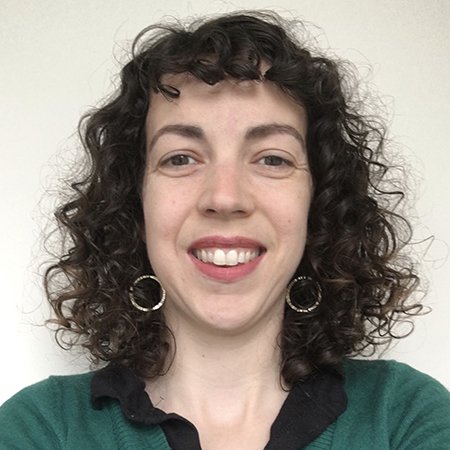
Walking Across the World
Ryley Bonferraro
This personal narrative reflects on the long-lasting effects my time as a study abroad student had on me. In particular, I focus on walking—walking to, from, over, and around—and the ways it deeply shaped my experience as well as the way I look at the world. I also explore how walking differs from place to place, from city to city, and how that influences our lives. This piece incorporates research and images along with stories of my travels and my way of living. Since these stories are recreations of my own memories, they should not be taken as fact but rather as my personal, if imperfect, recollections of my interactions with the world and the people around me.

Dùil: Lessons From Better People
Sarah Crawford:
This personal narrative focuses on my time spent as a Remembrance Scholar in Lockerbie, Scotland during the summer of 2019. This account of my journey to Lockerbie not only seeks to explore humanity in times of tragedy as well as my personal understanding of the terrorist attack based on the people I met and the experiences I had while I was there. It is grounded by my research and interviews with Colin Dorrance and Josephine Donaldson—two Lockerbie residents who helped me understand the impact that the bombing of Pan Am 103 had on the Scottish town when a terrorist attack caused the plane to explode overhead on December 21st, 1988. The characters in this essay are all real people with real stories, retold from memory in the hopes that this dichotomy of research and creativity will provide readers ways to relate to the common human experience across time and international borders.

The Pharmacist and the Braucherin: How My Family Became White in Pennsylvania Dutch Country
Amelia Lefevre
This memoir-inflected historical analysis examines the rhetorical construction of whiteness as a racial identity within my family and more broadly in the US between the early twentieth century and today. I examine a form of knowledge specific to Pennsylvania Dutch (also known as Pennsylvania German) culture, called Braucherei, and the loss of that knowledge within my family. This healing tradition, which combines Christian blessings with colloquial herbal knowledge, was carried through the generations of my family for at least one hundred years on this continent before my great-grandmother chose not to teach Braucherei to my grandmother’s generation in the early 1900s. The process of our family’s identity shifting from German-heritage to white, including the loss of the Braucherei practice as well as the choice not to speak the Pennsylvania Dutch language within the home, occurred against the backdrop of heightened xenophobic and anti-immigrant rhetoric and policy in the US, as well as specifically anti-Braucherei rhetoric in Pennsylvania. I employ personal interviews, secondary anthropological and historical research, and rhetorical analysis to examine Pennsylvania Dutch cultural expression in my family as well as the choices made to dampen that expression.
